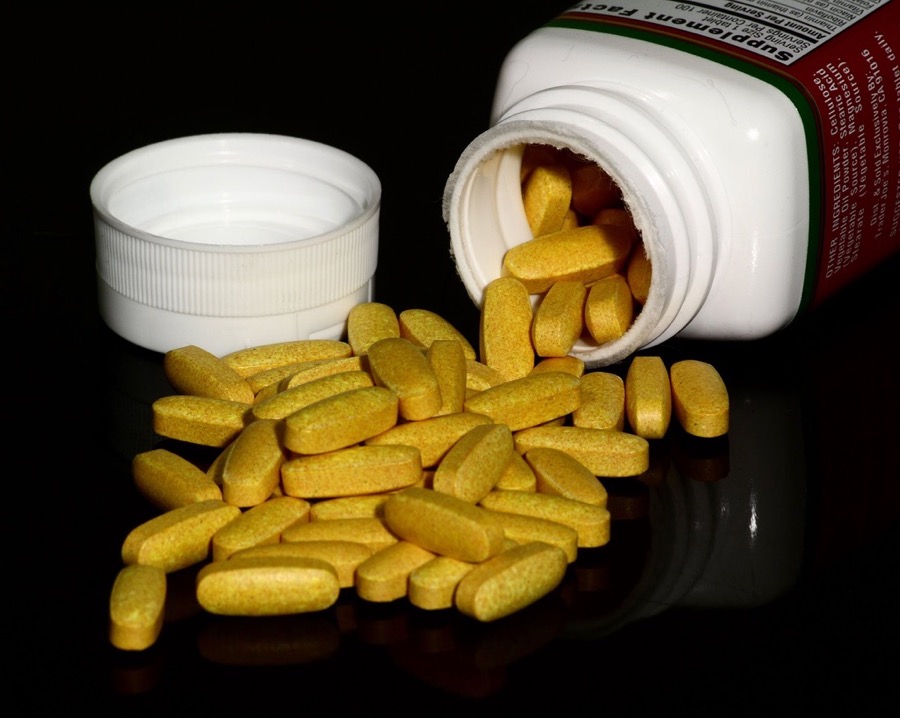What’s The Deal With Supplements?

How do you sort through all the conflicting and confusing information about taking supplements, and figure out what might be helpful for you? Vitamins and supplements are big business. Every day there is something new being splashed across media channels promising to keep us young and cure what ails us; while, at the same time, talking heads are urging caution and citing concerns.
The Standard American Diet (SAD) is a contributing factor in creating a diet that does not meet all of the body’s needs. Americans are the most overfed and undernourished people on the planet. Shockingly, in the next 18 minutes, four American’s will die from illnesses related to the food they eat! Foods that are processed, homogenized, pasteurized, contain genetically modified ingredients or artificial ingredients are killing more people than terrorism, war, murder, accidents and all other diseases combined.
If you want to maintain optimum health, it is vital to understand the importance of diet and supplementation in an ever-changing nutritional landscape. Vitamins and supplements are not regulated by the FDA in the same way as pharmaceuticals; so it is important to understand why some brands are superior to others. You should also speak with your physician before starting a supplement program.
I am a huge fan of David Perlmutter, MD, the author of Grain Brain, Brain Maker and The Grain Brain Whole Life Plan. If you have not read at least one of these books, I highly recommend that you order a copy and read it as soon as possible. Dr. Perlmutter has a simple guide for supplements that focuses on gut and brain health. It is worth considering if you want to add supplements to your diet.
I have long been a fan of adding natural supplements of nutrients that are hard for the body to obtain through a normal diet. In addition to what Dr. Perlmutter suggests, I take a whole food compounded Activated C Food Complex, a Stress B-Complex and Magnesium with B6.
Supplement Guidelines:
Buy whole food compounded supplements and vitamins. Whole food means the nutrients are derived from food sources and are not made from chemicals.
- Purchase probiotics in small quantities and rotate brands. You want to look for at least 10 billion strains of beneficial bacteria and 10 billion CFU count. I always have 2 brands in my refrigerator at a time.
- Prebiotic fiber is essential for gut health and serves as the food for probiotic bacteria. When supplementing with acacia gum, be sure to buy USDA organic, Non-GMO Project verified, vegan, gluten free labeling. Make sure it’s free of psyllium, sugar, soy or artificial ingredients.
- Take your supplements at the same time daily with filtered water.
Supplements:
DHA: Docosahexaenoic acid, which is an omega-3 fatty acid that makes up more than 90 percent of the omega-3 fatty acids in the brain. 1,000 mg daily.
Extra Virgin Coconut Oil: Coconut oil is a great source of medium-chain triglycerides (MCT), reduces inflammation, and is a super fuel for the brain. 1-2 tsp daily used in cooking, or consumed in a warm beverage.
Turmeric: Well studied for its anti-inflammatory, antioxidant, and anti-apoptotic properties. It is a member of the ginger family and is the seasoning that gives curry its bright yellow color. 500 mg twice daily.
ALA: Alpha-Lipoid acid is a fatty acid that is found inside every cell in the body where it helps produce energy for the functions of the body. ALA also crosses the blood-brain barrier acting as a powerful antioxidant in the brain. 300-500mg daily.
Vitamin D3: Have your doctor check and monitor your vitamin D levels. Vitamin D3 is technically a hormone, not a vitamin and has far-reaching beneficial effects on the body and brain. 5,000 IU daily.
Prebiotic Fiber: Key for optimized gut health, nutrient absorption, and maintaining healthy body weight. 1-2 tbs. acacia gum with water daily. Start with 1 tablespoon in water 20 minutes before the evening meal.
Probiotic: Look for a probiotic with at least 10 strains of beneficial bacteria and 10 billion CFU. Take on an empty stomach first thing in the morning.
In an ideal world, we would get all of our nutrients from the food we eat. In today’s world, we have to be more vigilant and proactive to make sure we are giving our bodies what they need to stay healthy.
*/
Eating a largely plant based organic diet, filled with a colorful variety of foods, will nourish you with micronutrients and fiber. Embracing healthy fats like organic coconut oil, organic extra virgin olive oil, avocados and fatty fish will help maintain a healthy weight and support brain function. Avoiding artificial ingredients, processed carbohydrates, sugar and artificial sweeteners, GMO’s, gluten and too much protein can reduce inflammation in the body. You can control how you spend your consumer dollars — decide what you want to put into your body and take charge of the future of your health by being proactive; start with nutrition.





